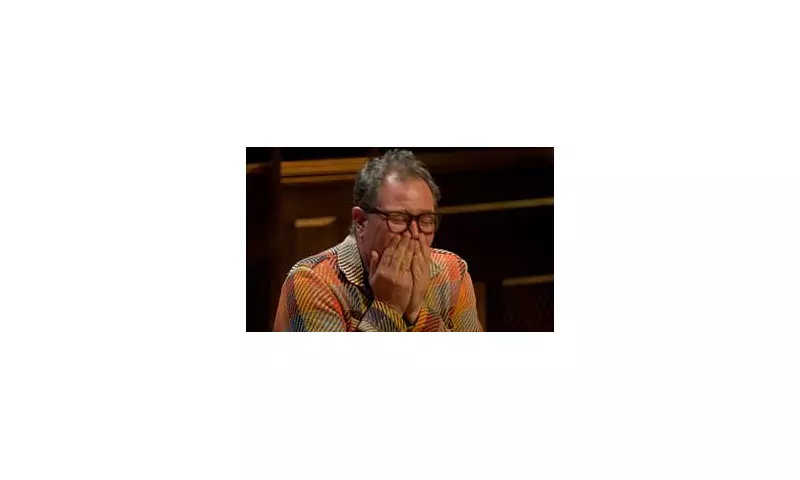
The hit BBC reality series The Traitors has become a cultural phenomenon, but its success isn't just down to dramatic cliffhangers and stunning Scottish locations. According to psychological experts, the show's format is perfectly engineered to exploit fundamental human behaviours that make it virtually impossible for Faithfuls to win.
The Psychology of Deception
Dr. Simon Hampton, a renowned psychologist from the University of East Anglia, explains that The Traitors taps into our evolutionary wiring. "Humans are terrible lie detectors," he reveals. "We evolved to trust our tribe members because survival depended on cooperation. The Traitors exploits this innate trust by forcing players to suspect everyone."
Why Faithfuls Face Impossible Odds
The game's structure systematically works against those playing honestly. Research shows that even professional lie detectors rarely exceed 60% accuracy, while ordinary people perform barely better than chance. When you combine this with:
- Social pressure to conform to group decisions
- Emotional exhaustion from constant suspicion
- Information overload from multiple conversations and clues
it creates a perfect storm where genuine players are almost guaranteed to fail.
The Traitor's Advantage
Meanwhile, those selected as Traitors operate from a position of significant psychological advantage. They possess complete information about who's who, allowing them to:
- Create coordinated narratives
- Plant seeds of doubt about innocent players
- Use truth strategically to appear trustworthy
This information asymmetry gives Traitors control over the game's emotional landscape, making their victory almost inevitable.
The Audience's Complicit Role
Perhaps the most fascinating aspect is why viewers find this psychological torture so compelling. Dr. Hampton suggests we enjoy watching others navigate deception because it's a safe way to explore our own vulnerabilities. "We're fascinated by social dynamics gone wrong," he notes. "The show lets us ask: 'Would I be fooled? Could I deceive?' without any real-world consequences."
As The Traitors continues to dominate television ratings, it's clear that its real magic lies not in the castle setting or dramatic music, but in its masterful exploitation of human psychology.





